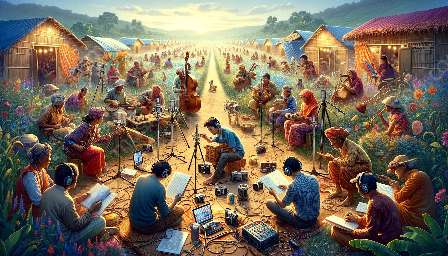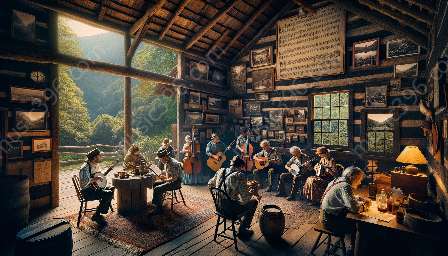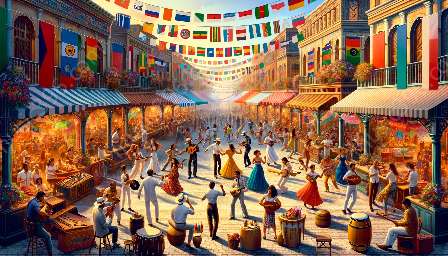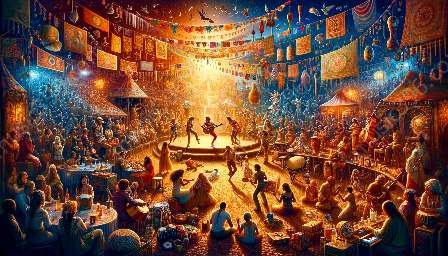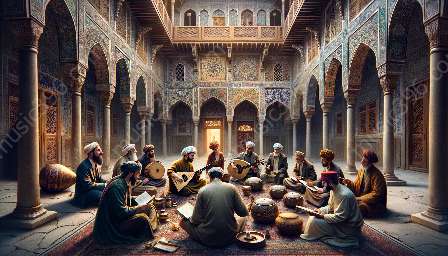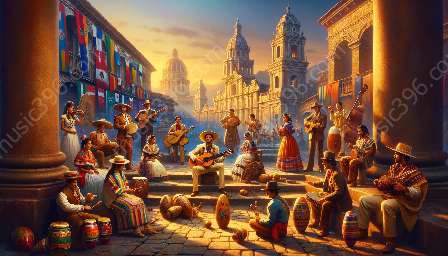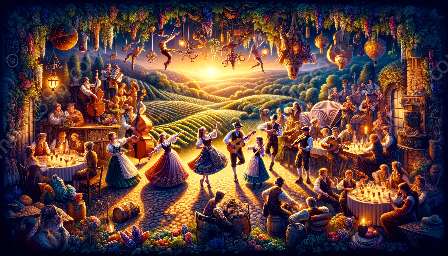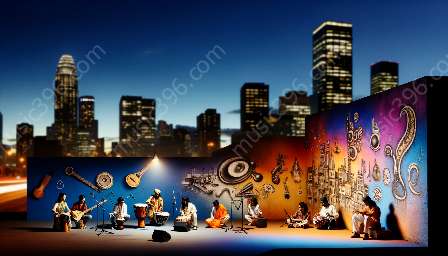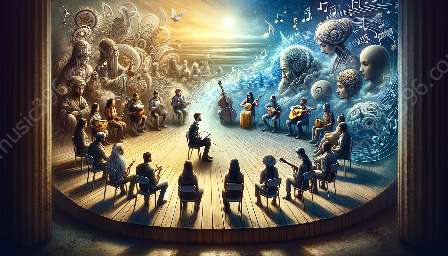Latino music is a rich tapestry of diverse genres that reflect the vibrant cultures and traditions of Latin America and the Hispanic diaspora. Within the field of ethnomusicology, the study of Latino music has provided a fascinating lens through which to explore the complexities of musical expression and cultural identity.
From the rhythmically charged beats of reggaeton to the soul-stirring melodies of bolero, Latino music encompasses a wide spectrum of genres, each with its own unique history and cultural significance. In this exploration of genres in Latino music, we delve into the fascinating intricacies of how these musical styles intertwine with Latino music cultures and ethnomusicology.
The Influence of Latino Music Cultures on Genre Development
Latin America and the Hispanic diaspora are home to a multitude of vibrant and diverse cultures, each with its own distinct musical traditions and styles. These cultures have exerted a profound influence on the development of various genres within Latino music. For example, the rhythmic patterns and percussive elements found in genres such as salsa and merengue can be traced back to African and indigenous musical traditions, while the lyrical storytelling and emotional depth of genres like ranchera and corrido are deeply rooted in the folkloric traditions of Mexican culture.
Furthermore, the dynamic interplay between different Latino music cultures has led to the fusion of diverse musical elements, giving rise to hybrid genres such as Latin jazz, which seamlessly blend Afro-Cuban rhythms with elements of American jazz. The rich tapestry of Latino music cultures serves as a fertile ground for the cross-pollination of musical ideas and the continual evolution of new genres.
Reggaeton: A Contemporary Phenomenon
One of the most prominent and commercially successful genres in contemporary Latino music is reggaeton. Originating in Puerto Rico in the late 1990s, reggaeton is characterized by its infectious dancehall rhythms, provocative lyrics, and incorporation of hip-hop and Latin American music influences. At its core, reggaeton reflects the urban experiences and social realities of young Latinos, particularly those in the Caribbean and Latin America.
Reggaeton's global proliferation has transformed it into a cultural phenomenon, with artists such as Daddy Yankee, Don Omar, and Bad Bunny achieving international acclaim. This genre's rapid rise to prominence exemplifies the complex interplay between music, identity, and socio-cultural contexts within Latino communities, making it a compelling subject of study within ethnomusicology.
The Evolution of Traditional Genres
While contemporary genres like reggaeton have garnered widespread popularity, traditional genres within Latino music continue to evolve and adapt to modern contexts. For instance, the bolero, a genre known for its heartfelt love songs and melancholic melodies, has undergone various transformations, incorporating elements of jazz and pop to appeal to new audiences while retaining its emotive core.
Similarly, genres such as cumbia and tango have experienced resurgences, with modern interpretations infusing these styles with electronic elements and experimental production techniques. The fluid nature of genre evolution within Latino music underscores the interconnectedness of tradition and innovation, providing ethnomusicologists with valuable insights into the adaptive mechanisms of musical expression within diverse cultural contexts.
Exploring Identity and Representation through Genre
Genres in Latino music play a pivotal role in the negotiation of cultural identity and representation. For example, mariachi music, with its distinctive instrumentation and exuberant performance style, serves as a potent symbol of Mexican heritage and has been instrumental in shaping the global perception of Mexican culture. Moreover, genres like bachata and vallenato, with their emotive lyrical themes, offer insights into the emotional landscapes of Latino communities, reflecting themes of love, longing, and the human experience.
Through ethnomusicological studies, scholars have delved into how these genres intersect with notions of ethnicity, class, gender, and diasporic experiences, shedding light on the intricate ways in which musical genres serve as vehicles for cultural representation and socio-political commentary.
Future Trajectories and Research in Latino Music Genres
The study of genres in Latino music continues to be a dynamic and evolving field within ethnomusicology. As the Latino population continues to grow and diversify, new genres and sub-genres are likely to emerge, reflecting the shifting social dynamics and cultural landscapes of Latino communities. Moreover, with the increasing globalization of music, the cross-cultural exchange between Latino music and other global genres presents opportunities for interdisciplinary research and exploration.
By embracing a multidisciplinary approach that integrates cultural anthropology, musicology, and sociology, scholars can gain a deeper understanding of the interconnectedness between genres in Latino music, Latino music cultures, and ethnomusicology. Through ongoing research and collaboration, the study of Latino music genres will continue to illuminate the complexities of cultural expression and contribute to a more comprehensive understanding of the diverse musical traditions that shape the Latino experience.


